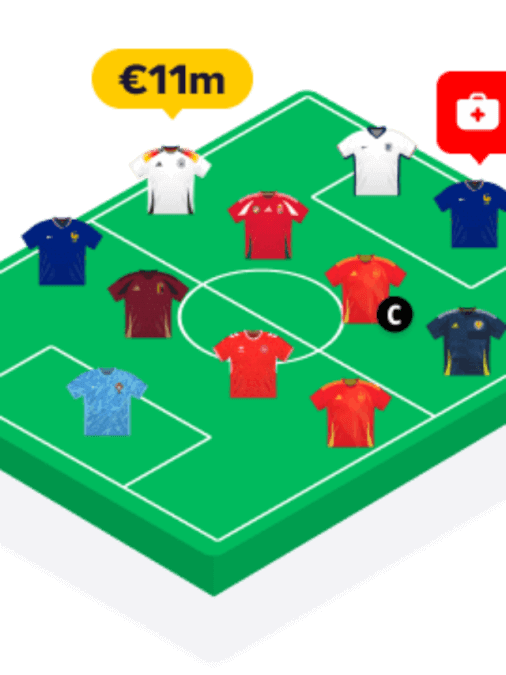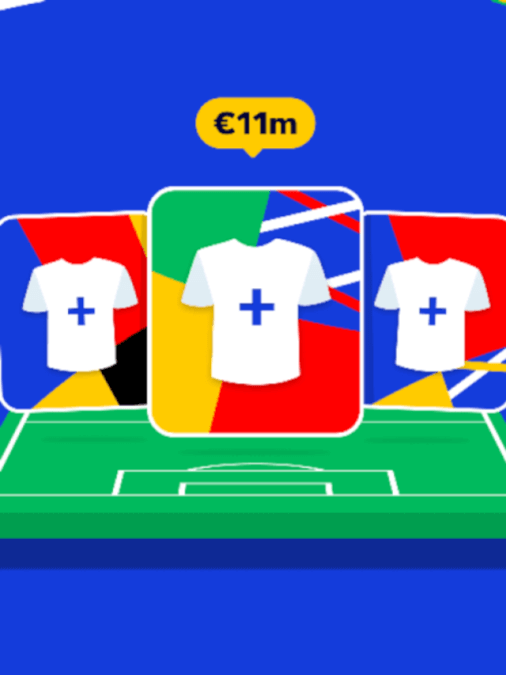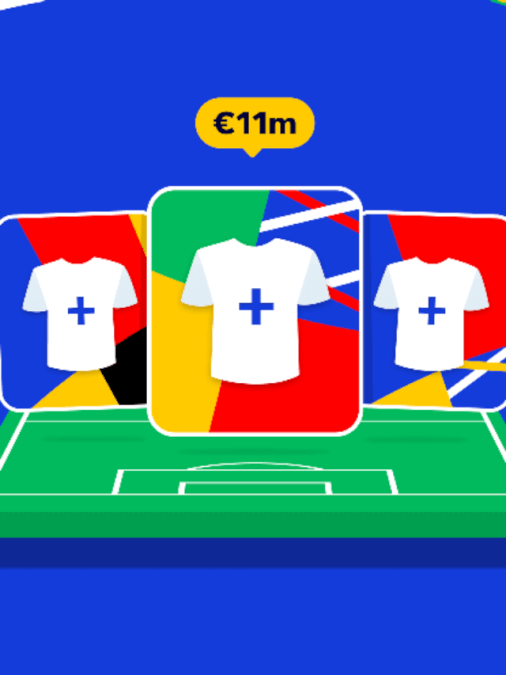Mental focus is crucial for success in sports, especially for young footballers who must make quick decisions on the field.
A well-balanced diet significantly influences cognitive function and mental clarity, providing the energy and nutrients necessary for optimal brain performance.
This article explores how diet affects mental focus and cognitive function in young athletes and suggests foods that can enhance concentration and stress management.
1. Understanding Mental Focus and Its Importance in Football
What is Mental Focus?
Mental focus refers to the ability to concentrate and maintain attention on a specific task. In football, this translates to making effective decisions, executing strategies, and performing under pressure.
Young athletes must cultivate mental focus to enhance their game performance, as distractions can lead to errors and missed opportunities.
Importance of Mental Focus in Football
During training and matches, the ability to stay mentally sharp can determine the outcome of a game. Poor focus can lead to mistakes, whereas heightened concentration allows players to execute plays effectively and anticipate opponents’ moves.
Mental focus is integral to a footballer’s overall success, making it essential to understand how nutrition can support cognitive performance.
2. How Nutrition Affects Mental Focus
The Relationship Between Diet and Brain Health
The brain requires specific nutrients to function effectively. Research shows that a well-rounded diet positively impacts brain health, enhancing cognitive abilities and mental focus. Certain nutrients are essential for neurotransmitter production, which affects communication between brain cells.
Nutrient Deficiencies and Cognitive Impairments
Deficiencies in key nutrients, such as omega-3 fatty acids, vitamins, and minerals, can lead to cognitive impairments. For instance, insufficient iron can result in fatigue and decreased concentration. Maintaining a balanced diet is vital for preventing these deficiencies and promoting optimal brain function.
Blood Sugar Levels and Focus
Stabilizing blood sugar levels is crucial for maintaining focus. Fluctuations can lead to energy crashes and decreased cognitive performance. Consuming a balanced mix of macronutrients, including carbohydrates, proteins, and fats, helps stabilize energy levels throughout the day.
3. Key Nutrients for Mental Focus
Carbohydrates
Complex carbohydrates are essential for sustained energy release and cognitive function. Foods such as whole grains, fruits, and vegetables provide the necessary fuel for both physical and mental activities.
Young athletes can start their day right with a balanced breakfast that includes whole grains, as discussed in our article on Building a Winning Breakfast: Start Your Day Like a Champion.
Omega-3 Fatty Acids
Omega-3 fatty acids play a significant role in brain health and function. They are linked to improved memory and cognitive performance. Young athletes should incorporate sources of omega-3s, such as fatty fish (salmon, mackerel), flaxseeds, and walnuts, into their diet.
Antioxidants
Antioxidants help combat oxidative stress in the brain, which can affect cognitive performance. Foods rich in antioxidants, like berries, dark chocolate, and green leafy vegetables, should be included in young athletes’ diets to support overall brain health.
Vitamins and Minerals
Specific vitamins and minerals, such as B vitamins, Vitamin D, iron, and magnesium, are crucial for cognitive function.
These nutrients can be found in a variety of foods, including leafy greens, legumes, nuts, and dairy products. To learn more about the role of vitamins and minerals in football performance, check out our article on The Role of Vitamins and Minerals in Football Performance.
4. Foods that Support Concentration and Stress Management
Nutrient-Dense Snack Ideas
Snacking on nutrient-dense foods can enhance focus and concentration. Consider these healthy snack options:
- Nuts: Almonds and walnuts provide healthy fats and protein.
- Greek Yogurt: Packed with protein and probiotics, it aids in digestion and cognitive function.
- Fresh Fruit: Berries and bananas are excellent choices for natural sugars and antioxidants.
Meals for Mental Clarity
Young athletes should prioritize meals that provide a balance of nutrients for optimal brain function. Here are some meal suggestions:
- Quinoa Salad: A combination of quinoa, vegetables, and grilled chicken offers complex carbohydrates and protein.
- Whole-Grain Wraps: Fill with lean proteins and fresh vegetables for a satisfying and energizing meal.
Hydration
Staying hydrated is essential for mental clarity. Dehydration can impair cognitive function, so it is vital for young athletes to drink enough water before, during, and after physical activity.
For hydration tips, refer to our article on Hydration Hacks for Young Footballers: What to Drink and When.
5. Tips for Incorporating Brain-Boosting Foods into a Young Athlete’s Diet
Meal Planning and Prep
Meal planning and preparation can make it easier for young athletes to maintain a diet that supports mental focus.
Families can use our guide on Meal Prep for Football Families: How to Plan a Week of Healthy Meals to create nutritious meals and snacks for the week.
Making Healthy Choices During Games and Events
Encouraging young athletes to choose brain-boosting foods before games can enhance their performance and focus. Foods that provide stable energy, like oatmeal or whole-grain sandwiches, should be prioritized over sugary snacks.
6. The Role of Mental Training and Nutrition
While nutrition is vital, mental training techniques like mindfulness and visualization can complement dietary strategies to improve focus.
Incorporating practices that enhance mental resilience and concentration can lead to a well-rounded approach to athletic performance.
For more on how nutrition and other aspects of training come together, check out our article on The Importance of Proper Nutrition for Young Footballers.
Conclusion
Nutrition plays a crucial role in supporting mental focus and cognitive function in young athletes. By understanding the connection between diet and brain health, young footballers can make informed choices to enhance their performance.
Families should prioritize a balanced diet rich in key nutrients and consider meal prep strategies to support their young athletes.
For further reading, explore our other articles on nutrition and performance to build a comprehensive understanding of how to support young footballers effectively.
Key Takeaways
| Key Point | Summary |
|---|---|
| Mental Focus | Essential for performance and decision-making in football. |
| Role of Nutrition | A well-balanced diet supports cognitive function and focus. |
| Key Nutrients | Carbohydrates, omega-3s, antioxidants, and vitamins are vital. |
| Healthy Snack Ideas | Nuts, Greek yogurt, and fresh fruit enhance concentration. |
| Meal Planning | Helps maintain a diet that supports mental focus. |
| Hydration | Crucial for cognitive performance; drink enough water. |









